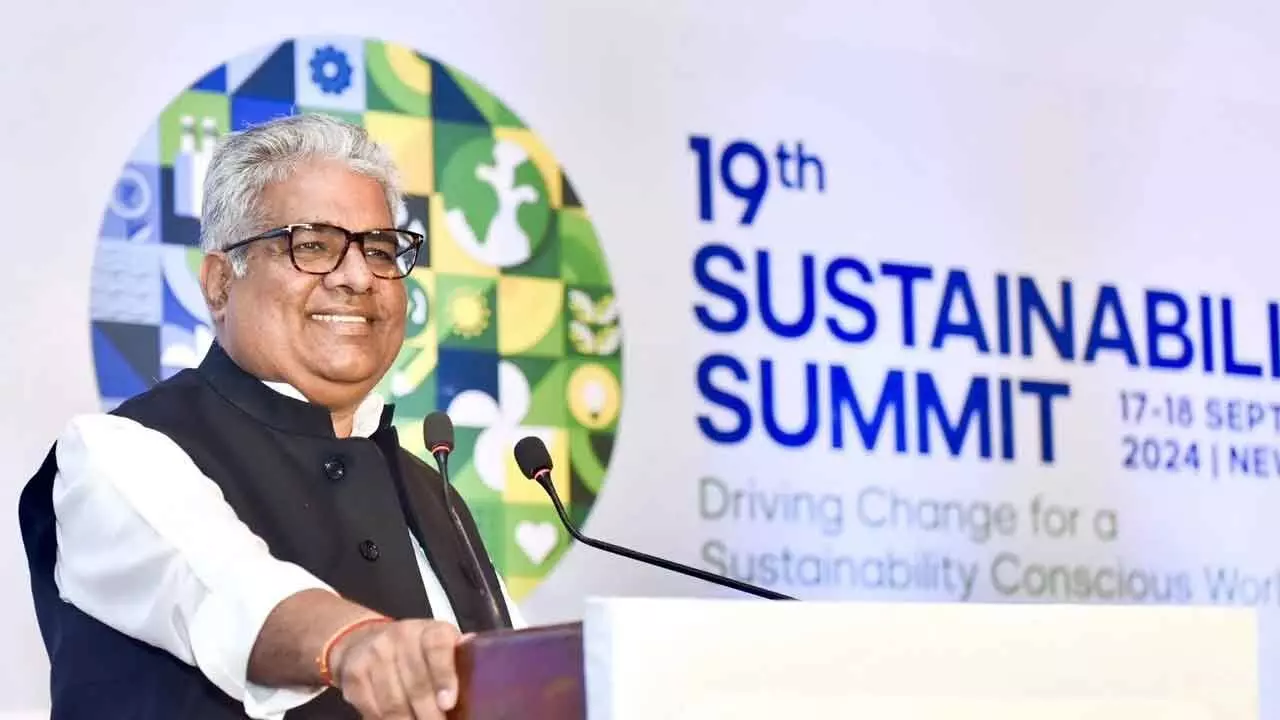India Has Achieved Two Of Three NDC Targets Under Paris Agreement: Environment Minister
Several waste management regulations have been shared with the industry through EPR
Union Environment, Forest, and Climate Change Minister Bhupender Yadav

India has achieved two out of three quantitative nationally determined contributions (NDCs) targets of the Paris Agreement, nine years ahead of schedule, Union Environment, Forest, and Climate Change Minister Bhupender Yadav has announced.
"It is a matter of great pride that India has achieved these quantitative NDC targets of the Paris Agreement, way ahead of schedule," he said while addressing the 19th Sustainability Summit organised by the Confederation of Indian Industry (CII).
India had, in 2015, submitted its first NDC target to reduce the emissions intensity of its GDP by 33 to 35 per cent by 2030 from the 2005 level; and to achieve about 40 per cent cumulative electric power installed capacity from non-fossil fuel-based energy resources by 2030.
In December 2023, the Ministry of Environment, Forest and Climate Change announced it achieved the two targets. Yadav noted that the core idea of sustainability is how to utilise resources and added that energy is the foundation of the development model being followed globally and there is no going back from this path. He pointed out that access to energy is the key to achieving a dignified life for all.
The "debate today should not be on emission management but rather what is the cost of per capita emission; hence sustainability is a social goal," he said, elaborating that sustainability covers "the three concerns of environment, economy, and equity".
He stated that all government policies, schemes, programmes and initiatives have to be formulated taking a balanced approach towards the three. Further, the Environment Minister said that several waste management regulations have already been shared with the industry through EPR. However, more work in regard to the circular economy including sector-specific research; increasing the recyclables market, access to technologies and building skills is required.

